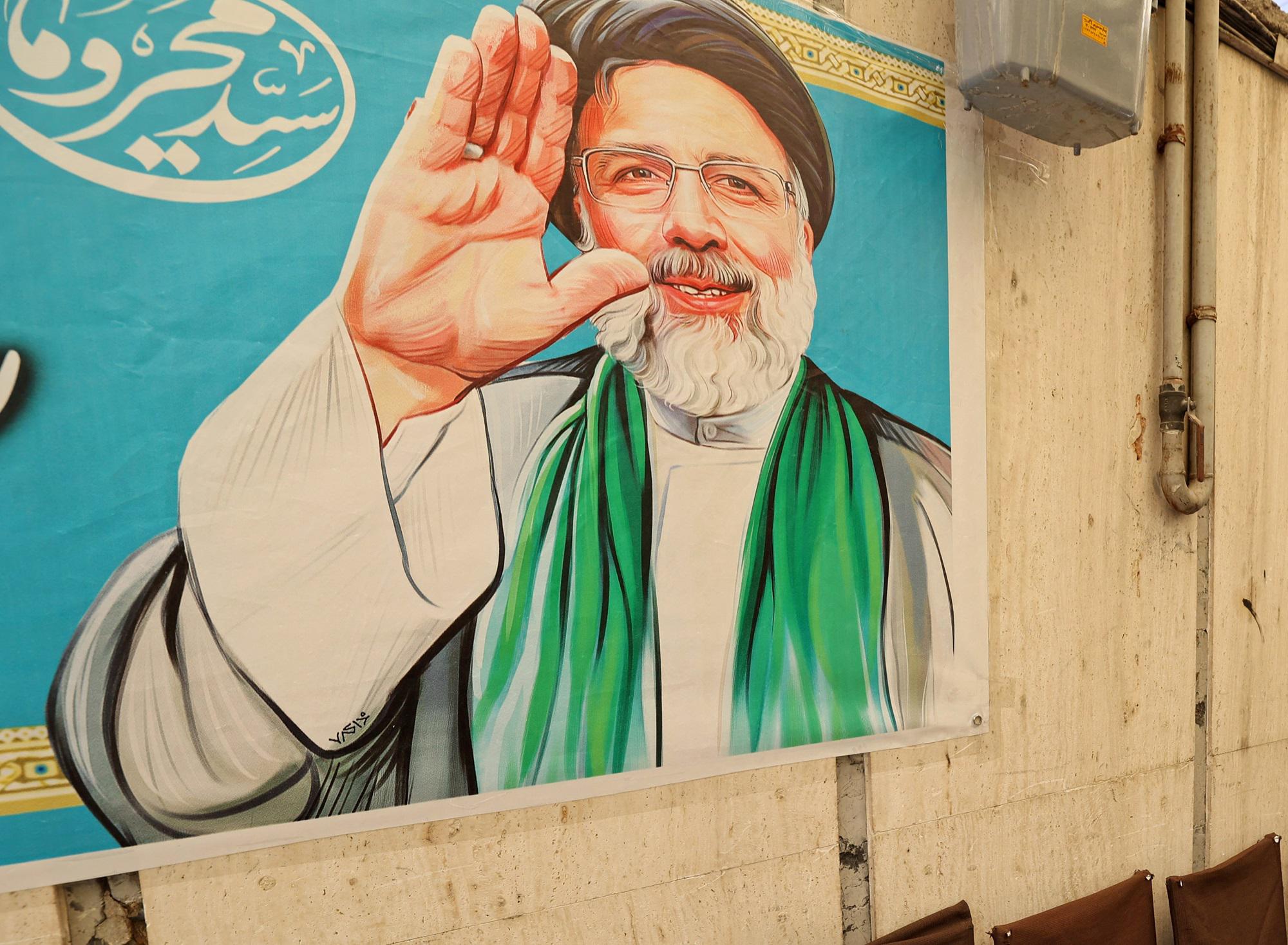The International Development Association (IDA) is set to receive a significant replenishment from donors, and Martin Wolf’s emphasis on the importance of concessional finance cannot be overstated. However, there are two points in his argument that require further examination.
Firstly, it is not accurate to assert that IDA countries lack domestic capital pools entirely. For instance, Nigeria and four east African countries have rapidly growing pension assets. However, the challenge lies in finding effective ways to channel these resources into productive investments. The World Bank Group needs to take a more proactive approach in supporting private-sector led investment solutions.
Secondly, while IDA funding terms may appear concessional in pricing and loan tenure, currency risk remains with the recipient country. This can lead to difficulties in servicing the debt over time. Therefore, the upcoming IDA replenishment should address this issue by ensuring sustainable and affordable financing for recipient countries.
In conclusion, it is time for a shift in the narrative around development finance, with a focus on leveraging domestic capital pools and addressing currency risk in concessional loans. The World Bank must lead the way in supporting sustainable and inclusive development in IDA countries.
Martin Wolf’s argument about the importance of concessional finance for International Development Association (IDA) countries is well-founded. Concessional finance plays a vital role in helping IDA countries make progress towards reducing extreme poverty and achieving social and economic development.
However, Wolf’s argument requires some nuances when it comes to two key points.
Firstly, it is not entirely accurate to claim that IDA countries lack domestic capital pools entirely. Countries such as Nigeria and four east African nations have sizable pension assets that are rapidly growing.
The challenge lies not necessarily in lacking domestic capital but rather finding effective ways to channel these resources into productive investments.
Development Finance Institutions like the World Bank Group need to take a more proactive approach in supporting private-sector led investment solutions.
Secondly, while IDA funding terms may appear concessional in pricing and loan tenure, currency risk remains with the recipient country.
This can create difficulties when it comes to servicing debt over time.
Therefore, it is crucial that the upcoming IDA replenishment addresses this issue by ensuring sustainable and affordable financing for recipient countries.



